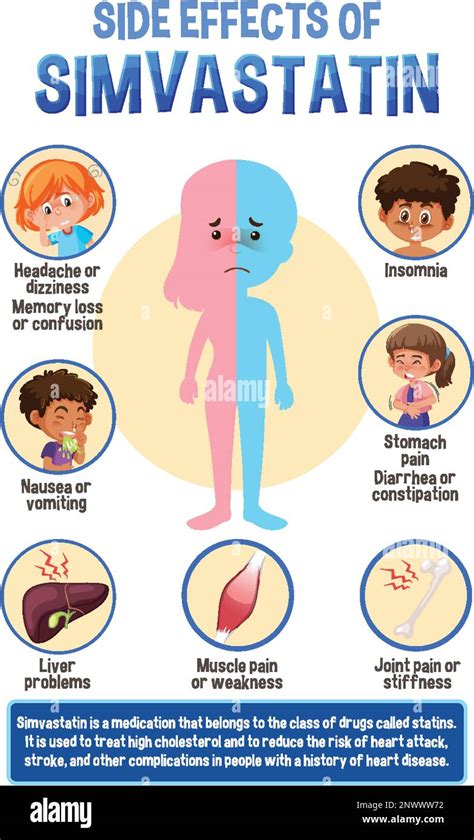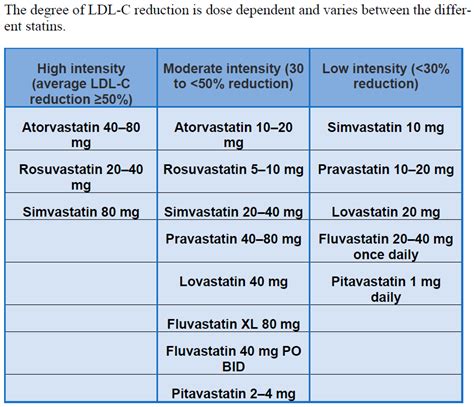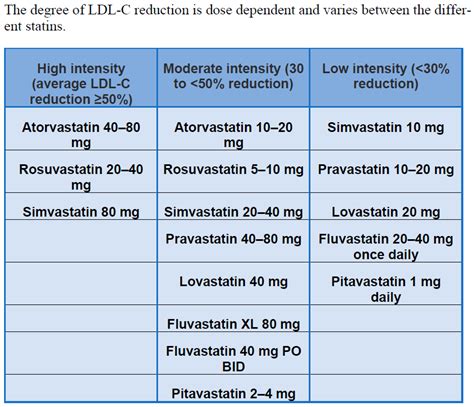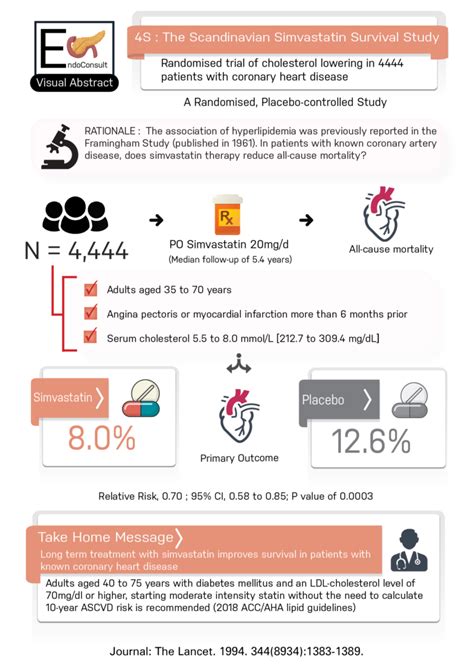Intro
Discover 5 simvastatin side effects, including muscle pain, liver damage, and memory loss, and learn how to manage statin therapy risks, cholesterol reduction, and cardiovascular health.
Simvastatin is a commonly prescribed medication used to lower cholesterol levels in the blood, reducing the risk of heart disease. It belongs to a group of drugs known as statins, which work by inhibiting the enzyme HMG-CoA reductase. This enzyme plays a crucial role in the production of cholesterol in the liver. By blocking this enzyme, simvastatin effectively reduces the amount of cholesterol produced in the body. While simvastatin is beneficial for many people, it can cause side effects in some individuals. Understanding these side effects is crucial for managing the risks associated with this medication.
The importance of being aware of the potential side effects of simvastatin cannot be overstated. This knowledge enables patients to recognize any adverse reactions early on, allowing for prompt intervention. It also underscores the need for regular monitoring by healthcare providers to ensure that the benefits of the medication outweigh the risks. Furthermore, being informed about the possible side effects can help alleviate concerns and improve adherence to the prescribed treatment plan. As with any medication, it's essential to weigh the benefits against the potential drawbacks to make informed decisions about one's health.
Simvastatin, like other statins, is generally well-tolerated, but it can cause a range of side effects, from mild to severe. Some of these side effects are common and may resolve on their own, while others may require medical attention. It's also worth noting that the likelihood and severity of side effects can vary depending on the dosage and individual factors, such as age, other health conditions, and the use of other medications. By understanding the potential side effects of simvastatin, patients can better navigate their treatment and maintain good health.
Common Simvastatin Side Effects

The most common side effects of simvastatin include headache, nausea, vomiting, diarrhea, and abdominal pain. These symptoms are usually mild and temporary, often resolving without the need for medical intervention. However, if these side effects persist or worsen, it's crucial to consult a healthcare provider for advice. In some cases, adjusting the dosage or switching to a different statin may be necessary to alleviate these symptoms.
Less Common but Serious Side Effects
Less common but more serious side effects of simvastatin include muscle pain, tenderness, or weakness, which can be indicative of myopathy, a condition that affects the muscles. This can range from mild muscle soreness to more severe conditions like rhabdomyolysis, a serious syndrome due to direct or indirect muscle injury. It's essential to report any unusual muscle symptoms to a healthcare provider promptly, as early intervention can prevent more severe outcomes.Statins and Liver Enzymes

Simvastatin, like other statins, can affect liver function, leading to elevated liver enzymes. This is a common side effect that is usually monitored through regular blood tests. In most cases, elevated liver enzymes are not associated with symptoms and may not require discontinuation of the medication. However, in rare instances, statins can cause more severe liver damage. Patients are advised to report any symptoms of liver disease, such as jaundice, dark urine, or pale stools, to their healthcare provider immediately.
Interactions with Other Medications
Simvastatin can interact with other medications, either by enhancing their effects or increasing the risk of side effects. For example, combining simvastatin with certain antibiotics, antifungals, or other cholesterol-lowering medications can increase the risk of muscle damage. It's crucial for patients to inform their healthcare provider about all the medications they are taking, including over-the-counter drugs and supplements, to minimize the risk of adverse interactions.Long-Term Use of Simvastatin

The long-term use of simvastatin is generally considered safe for most people. However, prolonged use can be associated with an increased risk of certain side effects, such as diabetes. Studies have shown that statins, including simvastatin, may slightly increase the risk of developing type 2 diabetes, particularly in individuals with risk factors for diabetes. Regular monitoring of blood sugar levels and adjustment of the treatment plan as necessary can help manage this risk.
Dietary Considerations
While simvastatin is effective in lowering cholesterol levels, dietary changes can also play a significant role in managing cholesterol. A diet low in saturated fats, trans fats, and cholesterol, and high in soluble fiber and plant stanols can help reduce the risk of heart disease. Patients on simvastatin are advised to maintain a healthy diet and lifestyle, including regular physical activity, to maximize the benefits of their treatment.Alternatives to Simvastatin

For individuals who experience severe side effects or are at high risk of certain adverse effects, alternatives to simvastatin may be considered. Other statins, such as atorvastatin or rosuvastatin, may be prescribed, or non-statin medications like ezetimibe or bile acid sequestrants may be used. In some cases, lifestyle modifications, including dietary changes and increased physical activity, may be recommended as the primary approach to managing cholesterol levels.
Conclusion and Future Directions
In conclusion, while simvastatin is a valuable medication for reducing cholesterol levels and the risk of heart disease, it's essential to be aware of its potential side effects. By understanding these side effects and taking steps to mitigate them, patients can safely use simvastatin to improve their cardiovascular health. Future research will continue to explore the benefits and risks of simvastatin and other statins, potentially leading to the development of new, safer treatments for managing cholesterol.Summary of Key Points

- Simvastatin is a statin used to lower cholesterol levels and reduce the risk of heart disease.
- Common side effects include headache, nausea, and abdominal pain, while less common but serious side effects include muscle damage and elevated liver enzymes.
- Interactions with other medications can increase the risk of side effects.
- Long-term use of simvastatin may be associated with an increased risk of diabetes.
- Dietary changes and lifestyle modifications are crucial for managing cholesterol levels effectively.
Encouraging Patient Engagement
It's crucial for patients to be actively engaged in their healthcare, especially when taking medications like simvastatin. This includes reporting any side effects to their healthcare provider, adhering to the prescribed treatment plan, and making lifestyle changes to support their overall health. By taking these steps, individuals can maximize the benefits of simvastatin while minimizing its risks.What is the most common side effect of simvastatin?
+The most common side effects of simvastatin include headache, nausea, vomiting, diarrhea, and abdominal pain.
Can simvastatin cause liver damage?
+Yes, simvastatin can cause elevated liver enzymes, which is a sign of liver stress. In rare cases, it can lead to more severe liver damage.
How can I minimize the risk of side effects from simvastatin?
+To minimize the risk of side effects, it's essential to follow the prescribed dosage, report any side effects to your healthcare provider, and make lifestyle changes such as a healthy diet and regular physical activity.
We invite you to share your thoughts or questions about simvastatin and its side effects in the comments below. Your engagement can help others better understand this medication and its implications for health. Additionally, if you found this article informative, please consider sharing it with others who might benefit from this knowledge. Together, we can promote healthier living and informed healthcare decisions.
